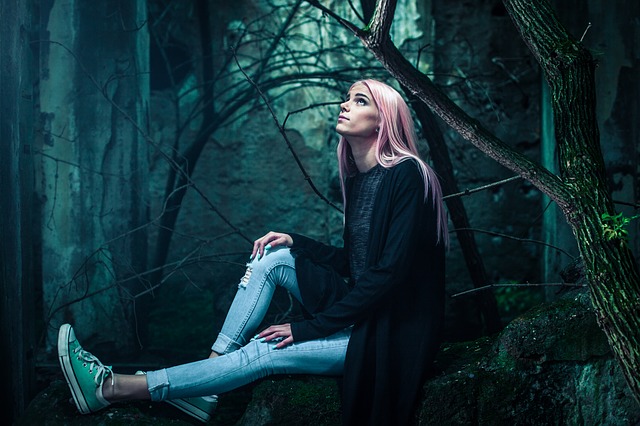
It was only a matter of time until cats finally understood that they could gain even more power over the online world by combining these two popular image-sharing trends.

Who wouldn’t want to socially connect with such a cool cat?Ī survey conducted in 2014 found that British people shared more than twice as many cat pictures and videos (3.8 million) than selfies (1.4 million) every single day. Inventive cat people thus manage to get a temporary sense of bonding through Manny’s cute selfies. Loneliness and feelings of disconnection, which are part of cat lovers’ personality type, tend to increase the likelihood of forging such imagined, longed-for relationships. Mentalizing also induces people to attribute human-like characteristics to non-human entities, or to anthropomorphize them, which helps forge a sense of social connection.īelieving that a car is smiling or frowning at us, due to the way its front grille and headlights are designed - or that a cat can have the ( mostly) human selfie habit - are results of anthropomorphism. Similarly, this is why we like to believe that Manny enjoys taking selfies because of his narcissistic tendencies, instead of acknowledging that his behaviour is simply the result of a conditioned response. Mentalizing refers to our tendency to perceive an entity to possess the (often imagined) capacity to generate humanlike thoughts and engage in intentional behaviors.īelieving that our computer hates us when it happens to be unusually sluggish before an important deadline is the result of mentalizing. But Manny has one more thing that plays in his favour: his cuteness.Ĭuteness, or the characteristics that make an individual, entity or object endearing and adorable, has been defined by some researchers as a humanizing emotion.Ĭuteness encourages people to mentalize and anthropomorphize entities, such as animals, because it prompts a motivation to socially connect with the “ totes adorbs” entity. Research on pet therapy has shown that time spent with real pets can improve mood and well-being for a wide range of people, and has proposed that many individuals react to virtual animals as if they were real ones.įollowing Manny’s selfie adventures can thus be a good way for anxious cat people to improve their mood.

Part of the popularity of cat pictures and videos can be linked to findings suggesting that virtual pets can have a similar impact on people as real ones. However, a better understanding of the "cat lover personality" - and of the nature of cuteness - may help us comprehend how and why such a phenomenon is so prevalent in the online world. Manny happens to be fascinated by his human’s GoPro camera, and attempts to reach out and touch it when he sees it, thus offering endless photo opportunities.Īside from the inherent entertainment factor associated with seeing a cat (seemingly) take selfies, it can be dumbfounding for some people how a cat like Manny could rocket to internet stardom. Cats are so prevalent in the digital world that many of them have reached celebrity status.Ī recent addition to this feline firmament is Manny, a photogenic cat who takes selfies, often in the company of his canine friends. Many people like to believe that the internet is made of cats. If you have been spending any amount of time on the internet, you have probably encountered a fair amount of cat-related pictures and videos. Caroline Roux, a professor with Concordia's John Molson School of Business, researches how thinking about or experiencing resource scarcity - feeling like “I don't have enough” - impacts consumer decision making.


 0 kommentar(er)
0 kommentar(er)
